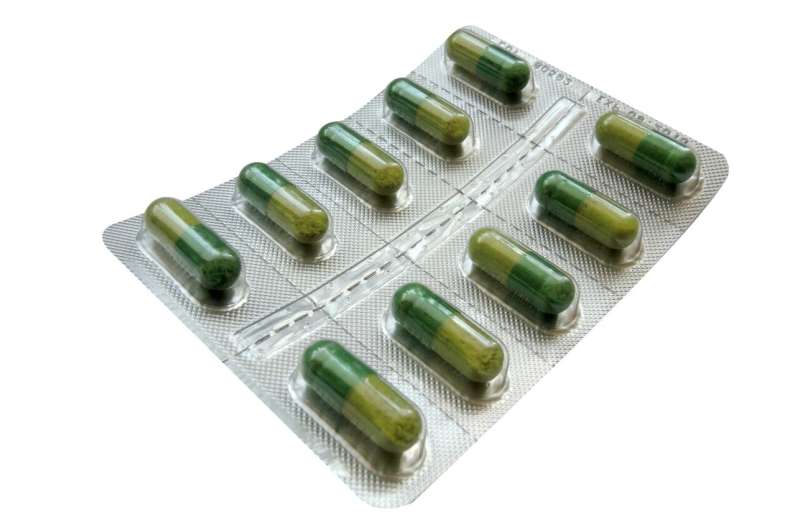Study Finds No Antidepressant Benefits of Cholesterol-Lowering Medications

A recent large-scale study concludes that cholesterol-lowering drugs, such as statins, do not have an antidepressant effect, reaffirming their primary role in cardiovascular health management.
Recent research from Charité – Universitätsmedizin Berlin has challenged the notion that statins, commonly prescribed for managing high cholesterol, also offer antidepressant effects. While previous small studies hinted at potential mood-improving properties of these drugs, a comprehensive 12-week, double-blind, placebo-controlled trial involving 161 patients with depression and obesity found no evidence to support this claim.
During the study, all participants received standard antidepressant therapy with Escitalopram. Randomly, half also received Simvastatin, a common cholesterol-lowering drug, while the other half were given a placebo. The trial's design ensured that neither participants nor researchers knew who received which treatment, ensuring unbiased results. Depression severity was assessed at the start and end of the study using clinical interviews and questionnaires, and blood samples were analyzed for lipid levels and C-reactive protein (CRP), an inflammation marker.
Results showed that, although statins effectively improved blood lipid profiles and reduced inflammation markers like CRP, there was no additional antidepressant benefit observed in patients taking Simvastatin compared to the placebo group. All patients experienced significant improvements in depression symptoms, but these improvements were similar across both groups.
Dr. Christian Otte, the study's lead author, emphasized that traditional antidepressants remain the primary treatment for depression, and statins should continue to be prescribed solely for reducing cardiovascular risk. The researchers are now planning further studies to explore cellular and molecular effects of statins and to develop strategies for treating depression in patients with comorbid conditions.
This research underscores that, despite initial hopes, statins do not provide an extra boost in alleviating depression symptoms, reaffirming that conventional antidepressants remain the cornerstone of depression management.
For more detailed information, the full study is published in JAMA Psychiatry (2025). Source: https://medicalxpress.com/news/2025-06-cholesterol-lowering-drugs-antidepressive-effect.html
Stay Updated with Mia's Feed
Get the latest health & wellness insights delivered straight to your inbox.
Related Articles
Dementia Trends Across Generations: Is the Risk Declining in Younger Populations?
A new study hints that younger generations may have a reduced risk of developing dementia, but global implications remain uncertain. Learn about recent findings and their limitations.
Link Between Mitochondrial Nucleotide Balance and Age-Related Inflammation
New research links the imbalance of mitochondrial nucleotides to age-related inflammation, shedding light on mechanisms driving aging and disease progression. Discover how mitochondrial DNA integrity affects immune activation and potential therapeutic approaches.
Innovative Urine Test Detects Bladder Cancer Through Tumor DNA Analysis
A novel urine-based test utilizing genome-wide DNA methylation mapping offers a highly accurate, non-invasive method for detecting bladder cancer early, potentially transforming diagnostic approaches.
Centenarians Show Slower Disease Progression and Fewer Illnesses in Old Age
A groundbreaking study reveals that centenarians experience slower disease development and have fewer illnesses in old age, indicating a unique aging process linked to health resilience.



